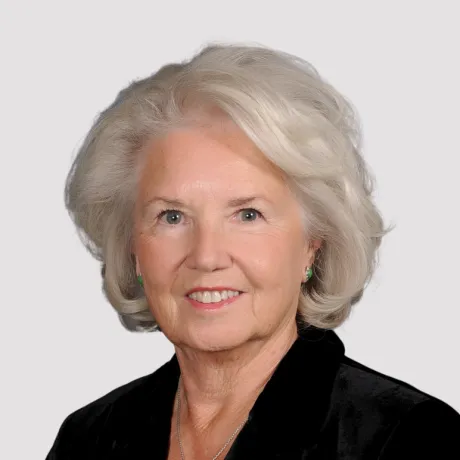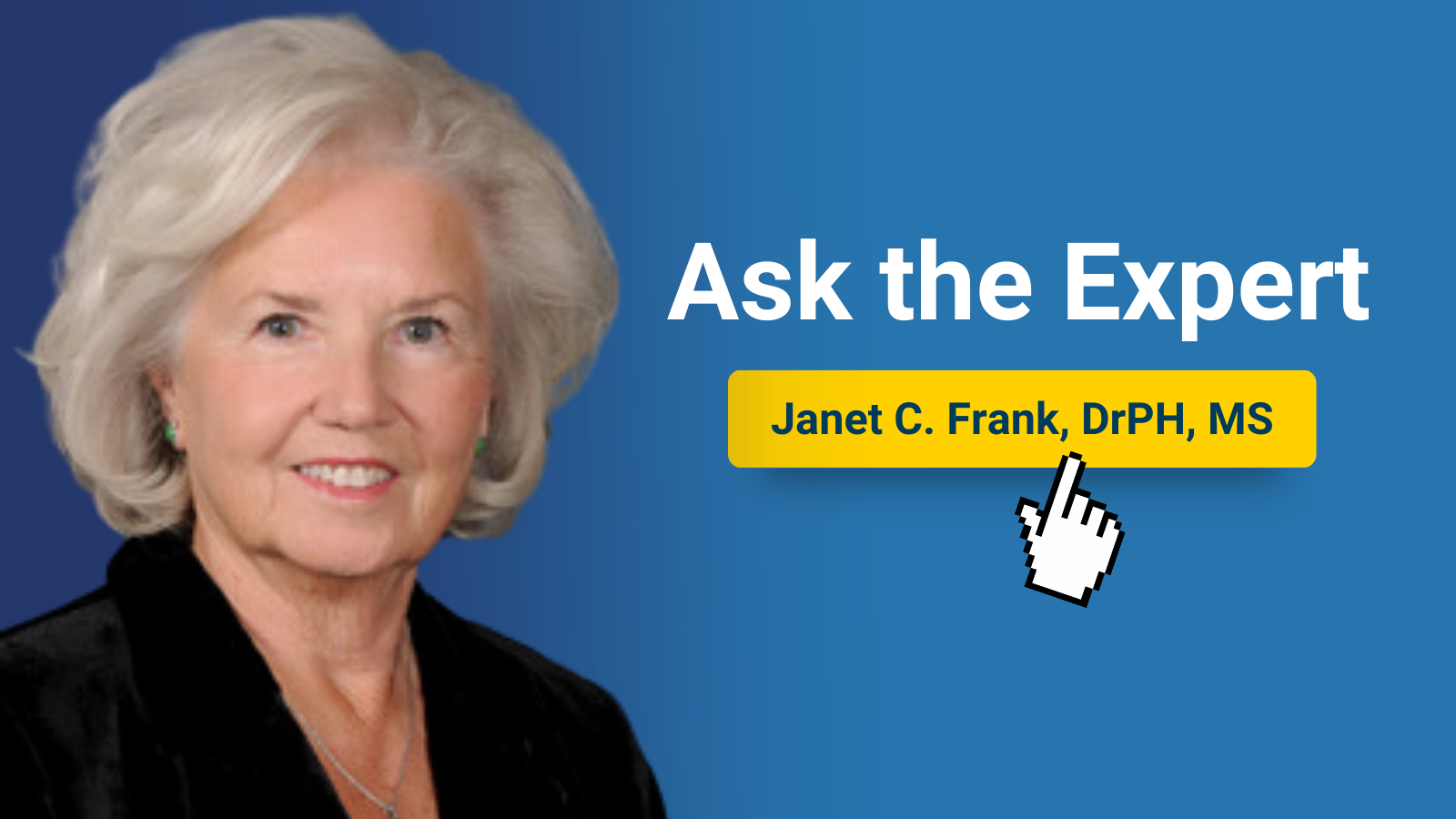Janet Frank is a faculty associate and lead author of a new study on the need for a more robust and well-trained workforce to serve the behavioral health needs of California’s older adults. In this brief interview, she discusses the need for geriatric behavioral health training and models that have addressed the recruitment and retention for the public behavioral health workforce that serves California’s older adults.
Q: Explain a little more why behavioral health training needs to be specialized for older adult behavioral health services?
There are several important differences about serving older adults with behavioral health needs. First, most older adults, about 80 percent, have one or more chronic medical conditions, along with their behavioral health issues. This makes their care more complicated. Clinicians need to be able to take an integrated approach to their care and understand the challenges of providing services to people with complex medical needs. One example of this is managing medications. Older adults metabolize medications more slowly than younger people, so they stay in their systems longer. So the geriatric approach to medication dosage is “start low and go slow” to avoid toxicity and other adverse events associated with medication mismanagement.
Q: Your study reports that the public behavioral health workforce is understaffed and inadequately trained for the challenges of caring for older adults. What models or ideas address these issues?
There are a number of good models that counties have developed to address the specialized needs of older adult behavioral health care. In Los Angeles County, the Geriatric Evaluation Networks Encompassing Services Intervention Support (GENESIS) Program deploys an interprofessional geriatric team to provide assessment and treatment to older adults. GENESIS includes geriatric psychiatry residents from UCLA for a six-month rotation.
Another great training model is in San Diego County. The Geriatric Certificate Program is an intensive six-month certificate training with a culminating project and continuing education with the academy based at San Diego State University. There is an application process and selection for the positions for clinician case managers who will be clinic-based. This is believed to be the only such intensive education for persons who focus on service to older adults. This is at the level of a college course and provides an incentivized job role to account for older adult case load.
In Monterey County, the Senior Peer Counseling Program (SPC) provides no-cost mental health intervention and emotional support to older adults suffering from depression, anxiety, grief, loss, adjustment to chronic illness, and other stressors that can occur in the later life. Peer counselors, trained and supervised by mental health professionals, provide short-term one-on-one counseling that may be home-based, office-based, or at long term-care facilities.
Q: You talk about many problems in training and retaining workers in behavioral health. Is there any way to make geriatrics training sexier, so more people will go into the field?
Since colleges and universities typically do not require gerontology or geriatrics courses within the “helping professions” that comprise the behavioral health workforce (e.g., psychiatrists, psychologists, social workers, counselors), there is not exposure to this content unless the student takes elective courses. Only between 1 and 4 percent of behavioral health professional take geriatrics electives during their graduate work. Due to ageism, the cost and time for advanced training and lack of programmatic and salary incentives, there is not much “up side” for going into geriatrics, and specifically geriatric behavioral health.
I’m afraid there isn’t a way to make geriatrics “sexier,” however we can urge our state planners and policy makers to set up course requirements and hiring/salary incentive programs to encourage people to choose this specialization. After all, 1 in 5 Californians will be older adults by the next decade ― we are already late in our preparation to serve their needs.







